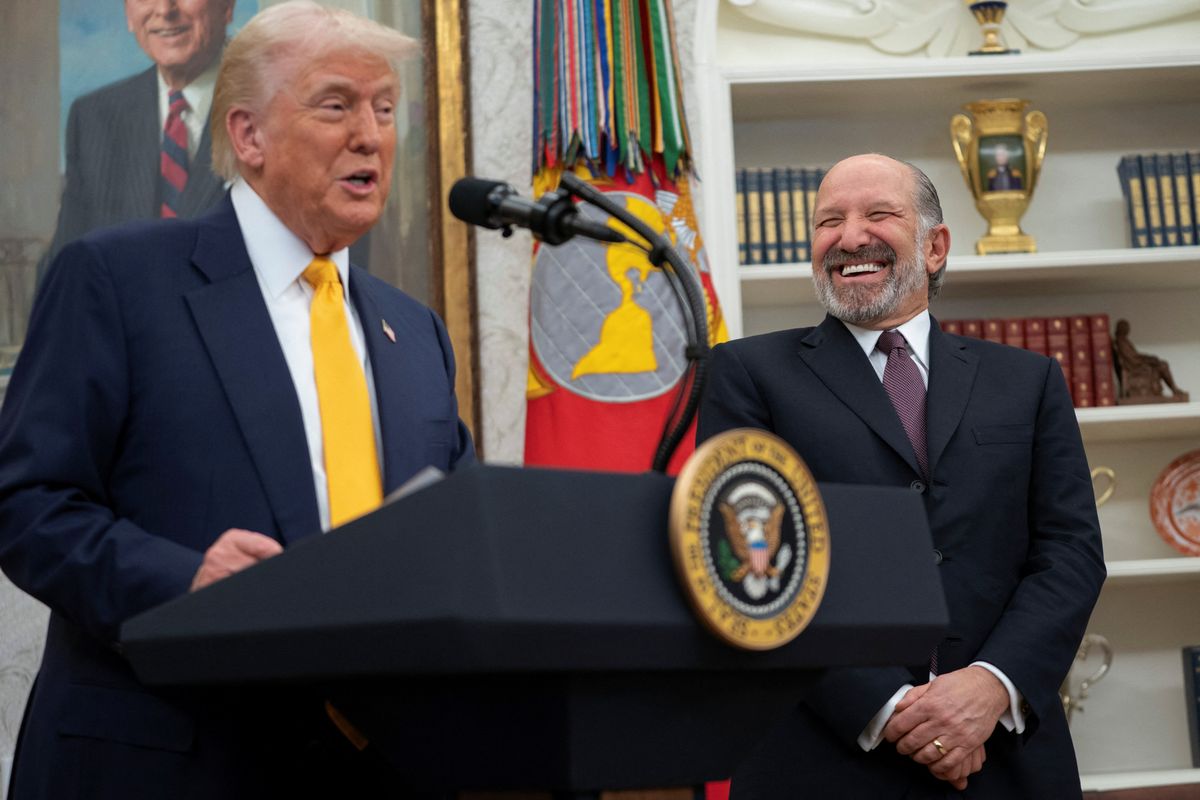The new head coach of Hearts of Oak, Didi Dramani, has taken positives from his team’s defeat to Asante Kotoko in the 2025 President’s Cup.The...
Vous n'êtes pas connecté
Headings :
 - NEWSDAY.CO.TT - A la Une - 05/09/2024 06:27
- NEWSDAY.CO.TT - A la Une - 05/09/2024 06:27
Lesson from ex-pres Hassanali
THE EDITOR: As we grapple with increasing violence and crime, I wonder about the use of alcohol. This thought brought to my mind the late Noor Mohamed Hassanali, who served as the second president of TT from 1987 to 1997. Known for his conservative approach, Hassanali made a conscious decision to prohibit the consumption of alcohol at President's House during his tenure – a policy that no one ever complained about. Hassanali's legacy as a devout Muslim and a leader committed to moral and fiscal responsibility is evident in this stance. During his presidency, state functions at President’s House were alcohol-free. Instead of offering alcoholic beverages, guests were served a refreshing fruit drink made from five-finger, a fruit grown on the grounds of President’s House. While some guests may have quietly grumbled, they ultimately accepted and even enjoyed the alternative. This decision not only reflected Hassanali’s personal and religious values, but also underscored his commitment to leading by example. By eliminating alcohol from official functions, he saved the country significant sums of money – funds that could have been redirected to more pressing needs. In a time when the country is facing economic and social challenges, perhaps this approach deserves reconsideration. The sight of public officials indulging in alcohol sends mixed messages, particularly to younger generations who are often told to avoid drinking. It raises the question: why should we tell children not to drink alcohol, only to show them adults, especially leaders, celebrating with it? This disconnect between the messages we give to our children and the actions of our leaders is concerning. In the current climate, where economic belts are tightening and social issues are on the rise, rethinking the role of alcohol in state functions could be a small but meaningful change. Imagine if the money saved from not purchasing alcohol for government events was redirected to help those in need. It would be a symbolic yet powerful statement of prioritising the well-being of the nation over maintaining certain luxuries. The transformation of TT will only occur when we start making conscious decisions that reflect the values we want to promote. Removing alcohol from government activities may seem like a small issue, but it could have a significant impact. It represents an opportunity to lead by example, promote fiscal responsibility, and send a clear message that public officials are committed to making a positive difference in society. If we truly want change, it starts with the small things – like choosing a non-alcoholic toast to celebrate our nation’s milestones. DENNISE DEMMING via e-mail The post Lesson from ex-pres Hassanali appeared first on Trinidad and Tobago Newsday.
Articles similaires
'This is embarrassing': Musk critic gets menacing message from DOGE's VA account
The Trump administration is trying to investigate an incident in which the official Department of Government Efficiency Veterans Affairs account sent...
Al-Rawi: Laws to curb weed will target African youth
OPPOSITION Senator Faris Al-Rawi claimed the government's proposals to set an eligibility age of 25 years old to use marijuana will in reality end up...
Al-Rawi: Laws to curb weed will target African youth
OPPOSITION Senator Faris Al-Rawi claimed the government's proposals to set an eligibility age of 25 years old to use marijuana will in reality end up...
Trump's 'occupying force' is here — and the courts just pried open the door
“I must say,” Donald Trump commented, “I wish we had an occupying force.” It was June 1, 2020. The president, then in his first term in...
Trump’s budget chief pushes luxury jet reno while slashing CDC and schools
Russell Vought, President Donald Trump’s Director of the Office of Management and Budget, is defending plans to spend an estimated $1 billion...
Time to lighten weight of education
THE EDITOR: Not long ago I weighed my 13-year-old grandson’s school bag. It came in at a staggering 16 pounds. Surprised, I asked why he didn’t...
Time to lighten weight of education
THE EDITOR: Not long ago I weighed my 13-year-old grandson’s school bag. It came in at a staggering 16 pounds. Surprised, I asked why he didn’t...
'It's all fake': White House insider admits Trump's trade war is just for show
According to a White House insider who is deeply involved in talks with U.S. trading partners, Donald Trump's tariff threats are not to be taken...
'It's all fake': White House insider admits Trump's trade war is just for show
According to a White House insider who is deeply involved in talks with U.S. trading partners, Donald Trump's tariff threats are not to be taken...
Latest releases
-
Aucun élément





